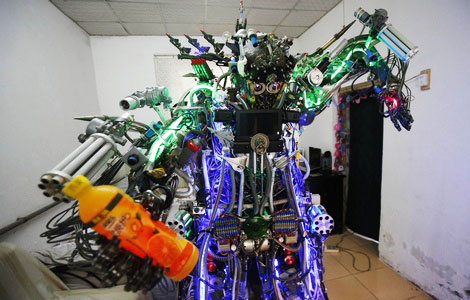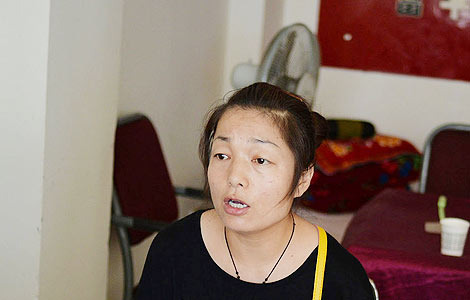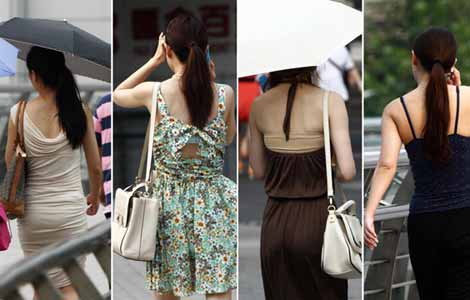

China's top quality supervision authority is making final preparations to implement a policy that will enhance warranties on private vehicles, officials said on Thursday.
"We are soliciting opinions and suggestions on guidelines to assess serious safety defects in private vehicles that were drafted by the defective-product administrative center under the General Administration of Quality Supervision, Inspection and Quarantine," Wu Xiaobo, an official in the administration's department of quality management, said at a news conference.
"The guidelines will help determine whether a private car has serious safety defects or not, and what kind of after-sales service the seller or manufacturer should provide to the consumer."
Wu said the guidelines are part of the administration's efforts to supplement a high-profile regulation that for the first time will enable buyers of private cars to get mandatory warranty service.
The General Administration of Quality Supervision, Inspection and Quarantine issued a regulation on Jan 15 that stipulated car sellers' responsibilities for the repair, replacement and refund of private cars manufactured and sold in China.
The regulation, which will take effect on Oct 1, has spurred heated debate between dealers and buyers over whether it can protect consumers' rights and not impose a heavy burden on sellers.
A private car is entitled to a repair service commitment for at least three years or 60,000 km, under the regulation.
Car dealers should replace a car for free or give a refund if serious quality problems are found in the car within 60 days of the purchase or 3,000 km.
"Of course, most of my colleagues and I are very concerned about the regulation because it gives us a lot of responsibilities. I also worry about whether it can be enforced in a fair and reasonable manner instead of favoring buyers too much," said a dealer at a Toyota dealership who gave his name as Tang.
"We have taken training on how to deal with the policy and some possible conditions after it takes effect."
Car owners said they also want to know how to make sure the policy will not be enforced in favor of sellers and manufacturers. In response to the concerns, Chen Yuzhong, director of the defective-product administrative center, said an expert panel will soon be formed, and a website has been developed to publicize information on the regulation's implementation, dealer's compliance and dispute resolution.
In the first half of this year, the China Consumers' Association received more than 9,700 complaints on car and car parts, a 28.1-percent increase from the same period last year. Nearly 80 percent of the complaints were about quality problems and after-sales service, the association said.







